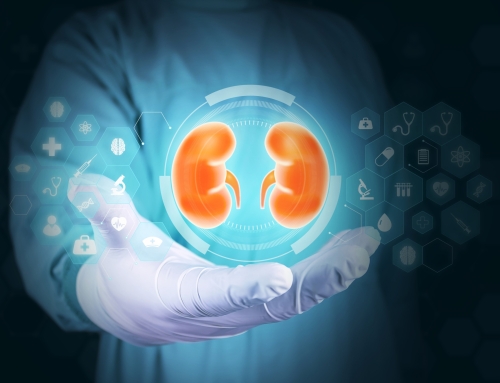The DPC Education Center recently developed an online classroom on bone & mineral disease for dialysis patients. One topic the classroom focuses on is Vitamin D and its many benefits. Vitamin D balances calcium and phosphorus, regulates parathyroid hormone (PTH) production, helps build strong bones, and prevents rickets in children and osteomalacia in adults. Receptors in the kidney turn Vitamin D into its active form, calciferol, but the kidneys of dialysis patients are unable to perform this function. This helps explain why almost all dialysis patients are Vitamin D-deficient.
Unfortunately, dialysis patients are often unable to turn Vitamin D from natural sources like the sun into calciferol, so many types of Vitamin D supplements are administered during dialysis. With numerous options, patients may wonder which supplement will work best for them.
A study that recently appeared in the Journal of the American Society of Nephrology may help to answer this question. The study looked at two groups of dialysis patients, one receiving injectable Vitamin D and one that did not. The study found that “The group that received injectable Vitamin D had a significant survival advantage over patients who did not,” and this survival advantage was seen with any form of injected Vitamin D. There are significant differences between Vitamin D supplements, however, and the Education Center classroom deals with some of them.
Patients should note that it is still possible to overdose on Vitamin D supplements, which can cause nausea, constipation, confusion, abnormal heart rhythm and kidney stones. Talk with your doctor to see if a Vitamin D supplement makes sense for you. For more information on calcium, phosphorus, PTH and Vitamin D sterols, click here to go to the Education Center’s classroom on bone & mineral disease.



